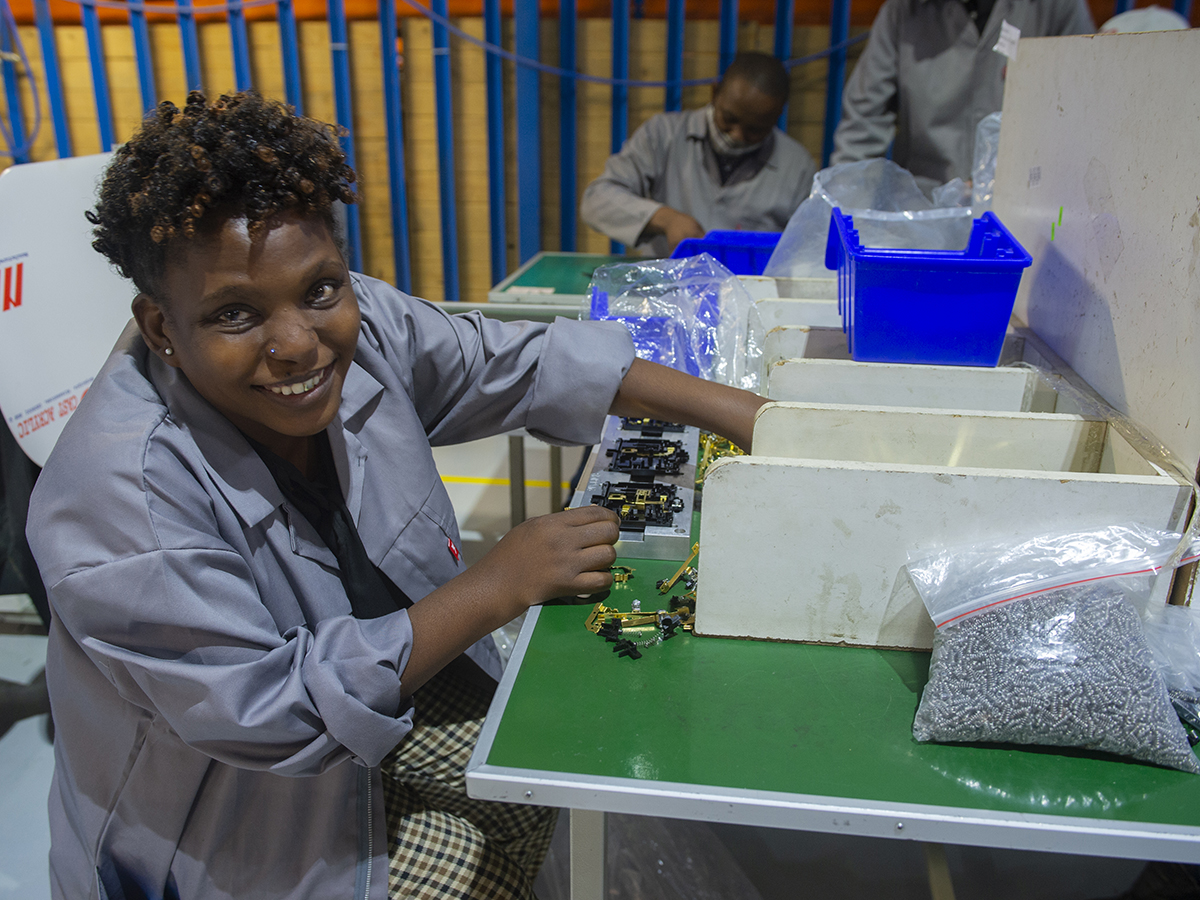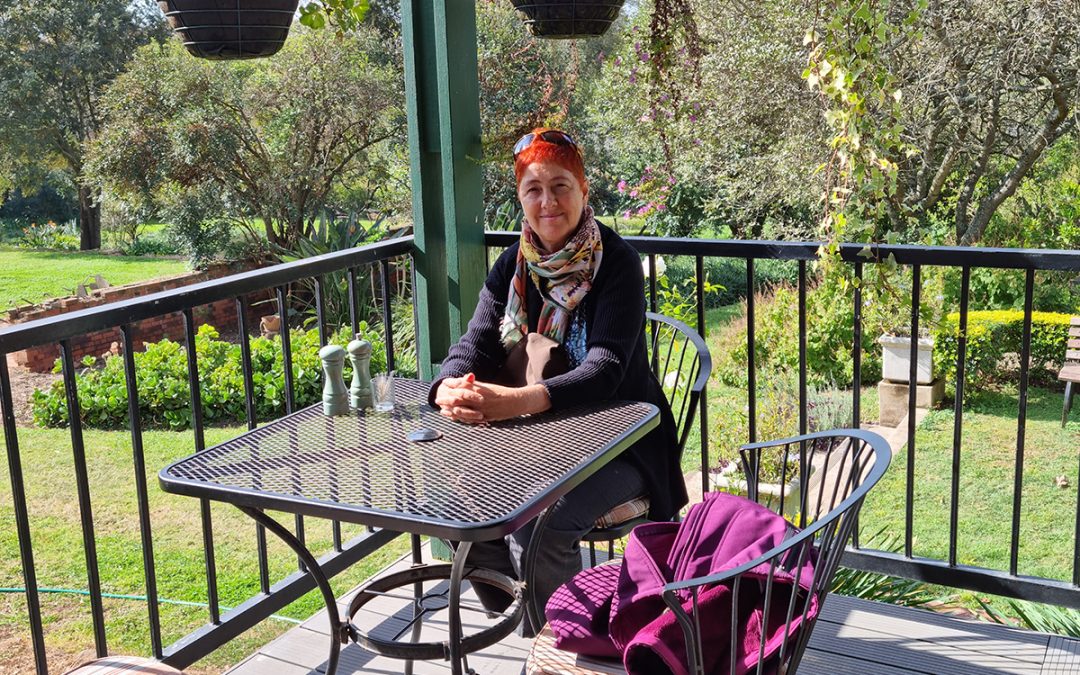When Lebogang Mashigo contracted polio at the age of eight, she became physically disabled and was no longer able to cope at a traditional school. Now, at 35, Lebogang is a supervisor at Light Electric Switch Company (Lesco), a position she never thought she would be able to hold. “Working here has helped me reach my full potential,” she says.
Before finding employment, Lebogang felt bored, stressed and despondent about her future. “There was nothing for me to do,” she says. As a disabled girl living in an unsafe area, Lebogang felt extra disadvantaged. Her parents often had to leave her at home alone to go to work, and they worried about leaving her vulnerable to robbery, rape or house fires.
At the recommendation of a local social worker, Lebogang’s mother enrolled her in a learnership programme. She was then one of 10 people chosen to get a job at Lesco, a Johannesburg-based electrical products manufacturer.
Lebogang started as a factory worker, assembling products. Lesco prioritises creating job opportunities for the traditionally unemployable. The company’s assembly process uses minimal equipment and little to no electricity, making it a safe workspace for labourers of all skill levels, including people with disabilities.
Lebogang’s infectious positivity and strong work ethic saw her rising to her current role of supervisor. Now she oversees workers, who are also people with disabilities, on the factory floor, teaching, offering guidance and boosting confidence levels.
Having experienced the boredom that comes with feeling stuck at home with nothing to do, Lebogang happily throws herself into her work. She prides herself on being a hard worker who likes to keep busy, describing her time off on weekends as “boring”.
“Waking up and coming to work makes me feel proud,” she says. “When I’m here, I’m in my zone.”
It is working with and inspiring others that excites Lebogang. She believes her experience at special schools gave her the skills to work well with people with disabilities. “I can see when people are struggling,” she says. She takes satisfaction in recognising factory workers’ strengths and being able to make changes when they face difficulties.
Growing up disabled, Lebogang says she and her parents often felt scared at the idea of them dying and her being left to fend for herself. Being given the chance to have a meaningful job has shown her that she is capable of being self-sufficient, and she hopes that other disabled people can have the same experience.
She also stresses the importance of parents with children with disabiliites to be proactive in finding opportunities for their children to flourish. “Staying at home all day as a disabled child makes you stressed and mentally drained,” she says. “Keep them busy, find learnership programmes — then they can shine.”
Lebogang hopes that more businesses will recognise people living with disabilities as potential employees. “You can’t judge people by their disability,” she says. “I want people to see that we can also do these jobs — we are capable.”
If you have disabled kids, don’t keep them at home; there are opportunities outside.





























